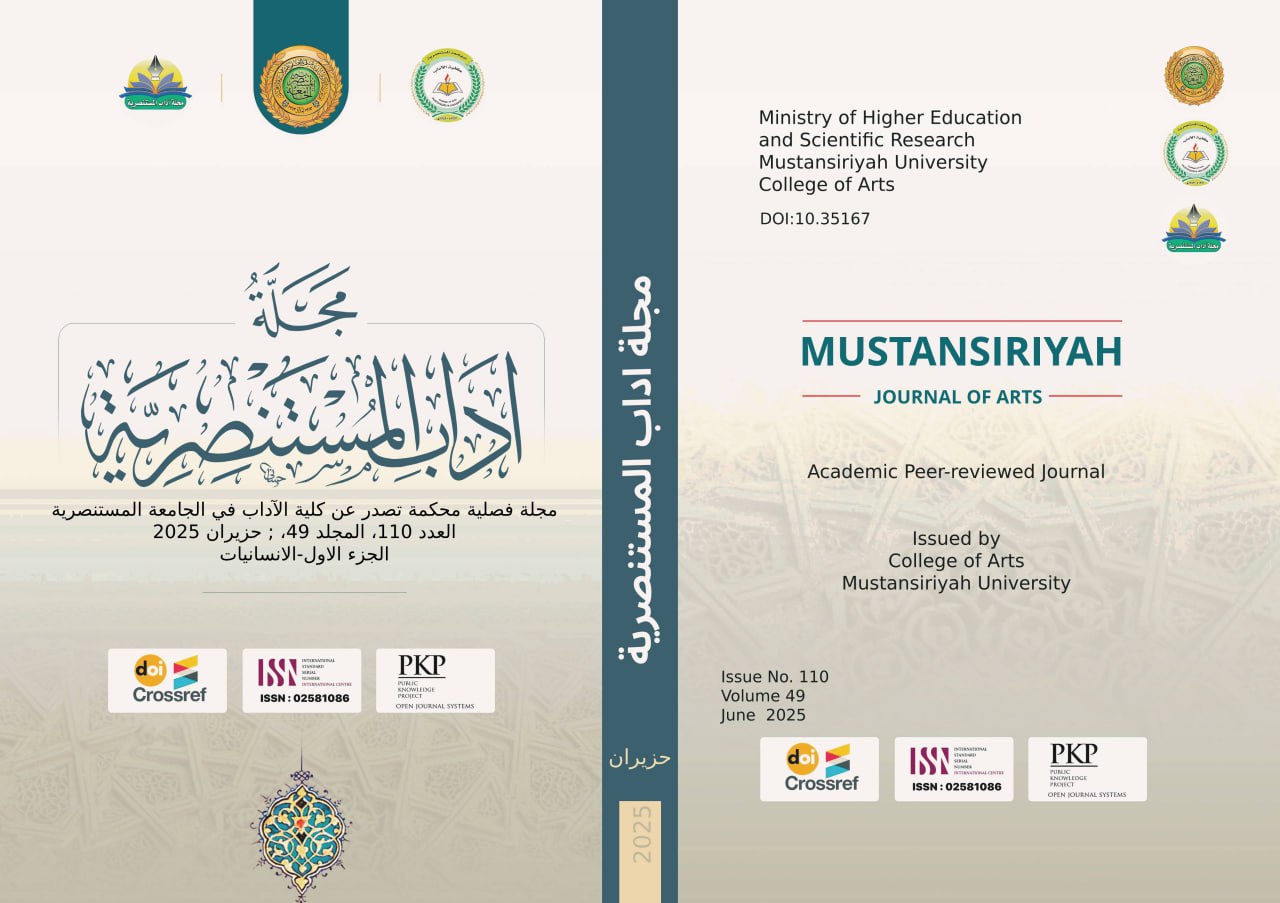Abstract
The feudal system was an economic pattern that represented an essential source of income for the Fatimid and Ayyubid countries, with the outlays of the feudal owners, taxes, agricultural and non-agricultural fees, and what they provided to the state and to the Sultan and the army from yields, horses, etc., thus we can say that the period of the Fatimid caliphate witnessed a strong emergence of private property Of agricultural land, and that the feudal system in the Ayyubid state is in some respects an instrument of administration and governance policy in the state in addition to the feudal lords who have the responsibility for security and preserving agricultural land and other responsibilities arising from their fiefdoms, b Feudalism took place during the reign of Salah al-Din al-Ayyubi when he seized the countries of Egypt and the Levant, and these feudal branches were distributed among members of the Ayyubid family on the one hand and the princes of the Ayyubid army on the other hand.
Keywords
alaiqtae- salah aldyn- alfatmit-alayubyin
Abstract
كان النظام الإقطاعي نمطا اقتصاديا يمثل موردا أساسيا من موارد الدخل للدولتين الفاطمية والأيوبية بما كان يؤديه أصحاب الاقطاعات من خراج وضرائب ورسوم زراعية وغير زراعية وما يوفرنه للدولة وللسلطان والجيش من غلال وخيول وما إلى ذلك ، وبذلك يمكن القول أن فترة الخلافة الفاطمية شهدت بروزا قويا للملكية الخاصة للأرض الزراعية، وأن النظام الإقطاعي في الدولة الأيوبية في بعض نواحيه أداة من أدواة الإدارة و سياسة الحكم في الدولة بالإضافة الى أن الإقطاعيين عندهم مسؤولية الامن والمحافظة على الارض الزراعية وغيرها من المسؤوليات المترتبة على إقطاعياتهم ، بدأ الاقطاع في عهد صلاح الدين الأيوبي حين استولى على بلاد مصر والشام، وكانت هذه الاقطاعات موزعة على أفراد الأسرة الأيوبية من جهة ومن أمراء الجيش الأيوبي من جهة أخرى
Keywords
الاقطاع- صلاح الدين- الفاطمية-الايوبيين
